2016
Content from the Brookings Institution India Center is now archived. After seven years of an impactful partnership, as of September 11, 2020, Brookings India is now the Centre for Social and Economic Progress, an independent public policy institution based in India.
“Looking back with the benefit of hindsight, I believe I should have addressed the NPA problem (in the book). Even as when I was writing my book, I was not very sure that I have anything to add to the public discourse except to say that some of the causes for the crisis owe to action or inaction of the RBI on my watch.”
— Duvvuri Subbarao, Former Governor, RBI
Subbarao, who was the RBI governor during the height of the global financial crisis that started with the Lehman Brothers bankruptcy, said another Lehman-like moment was unlikely.
Here are some of the highlights of what Subbarao had to say in an event organised by Brookings India.
Finance Ministry to RBI: Change in World View?
Being a finance secretary is a lot different from being the governor. But more specific issue, did I put pressure on Governor Reddy by myself or as a messenger for Mr Chidambaram? I don’t think I put pressure. But I did act differently in the Reserve Bank and as finance secretary.
For example, on exchange rate, certainly we would tell Dr Reddy, our view on the exchange rate, but there is very fine distinction between communicating your view and putting pressure.
Finance minister is in a position to put pressure, since he’s got leverage. The finance secretary doesn’t have much leverage. So I wasn’t putting pressure. But I was certainly communicating some unpleasant decisions on behalf of the government to Dr Reddy. And I was also involved in managing some of the skirmishes between the finance minister and the governor, between the government of India and the Reserve Bank. But there was no crossing the border and putting pressure.
Handling of Inflation
One of the big drivers of inflation was the fiscal problem and we used to point it out. We used to talk to the finance minister and the prime minister about it. But there’s a point beyond which you cannot go. What else can you do? You cannot shout from the rooftop that the government is the sinner. So the inflation problem was attributed to the RBI, although not all the factors driving inflation were in the control of the Reserve Bank.
Another Lehman-like Crisis Possible?
I can’t say we will not have another crisis. I don’t think there are unknown unknowns today like there were in 2008. There are known unknowns. To that extent I think a Lehman-type moment is unlikely, but a crisis is certainly possible.
Brookings India held its Development Seminar @ Brookings India on August 5, 2016, with former governor of the Reserve Bank of India D. Subbarao who talked about his latest book published by Penguin (July 2016), “Who Moved My Interest Rate? Leading the Reserve Bank of India through Five Turbulent Years”.
Discussants at the talk were: Subir Gokarn (Executive Director, International Monetary Fund) and T N Ninan (Chairman, Business Standard).
Development Seminar Series Photographs
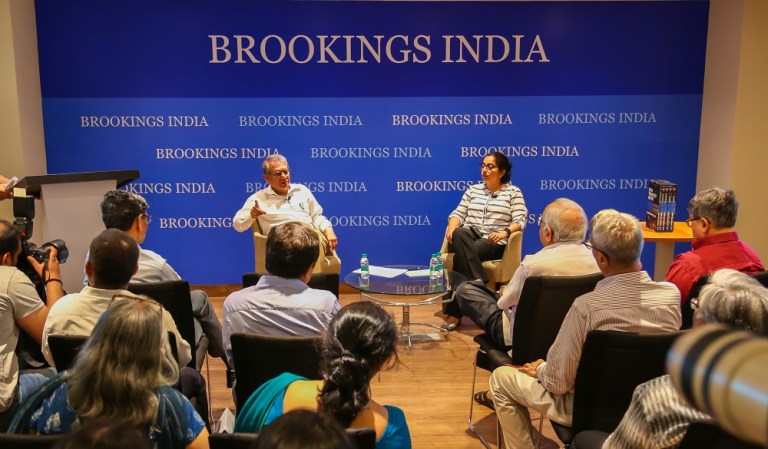
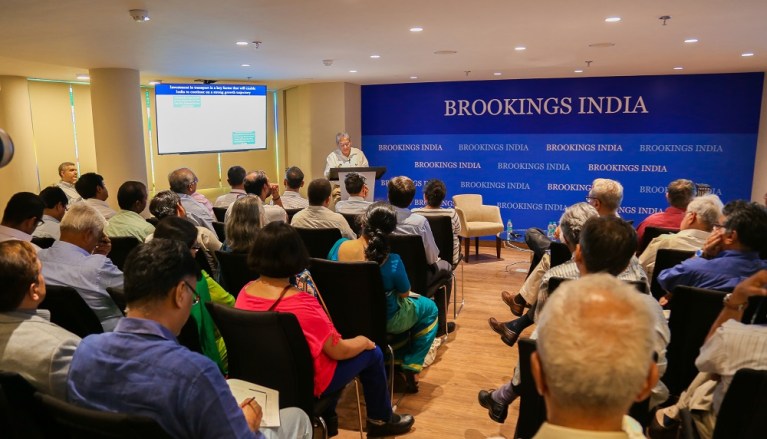
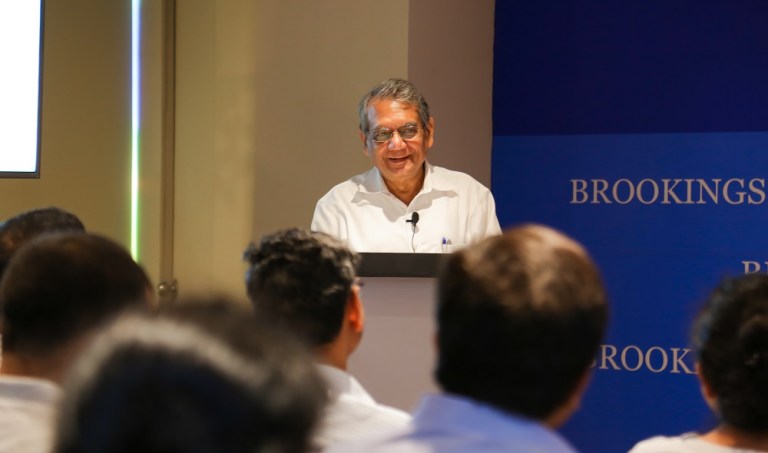
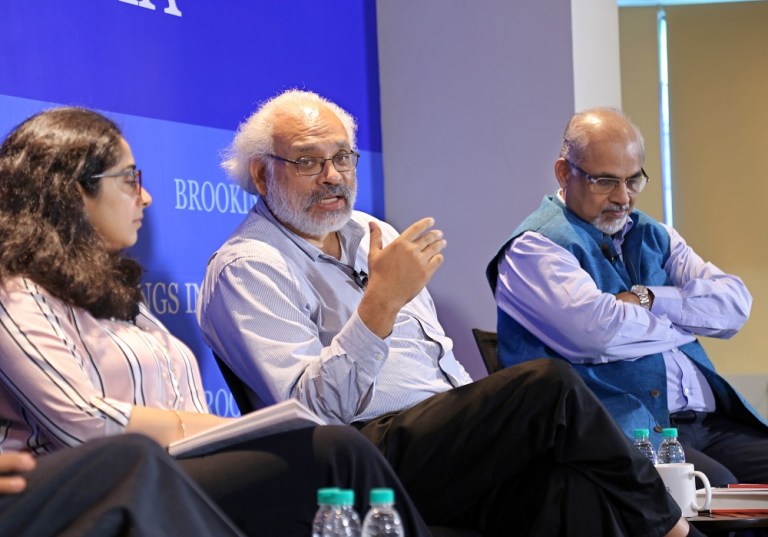
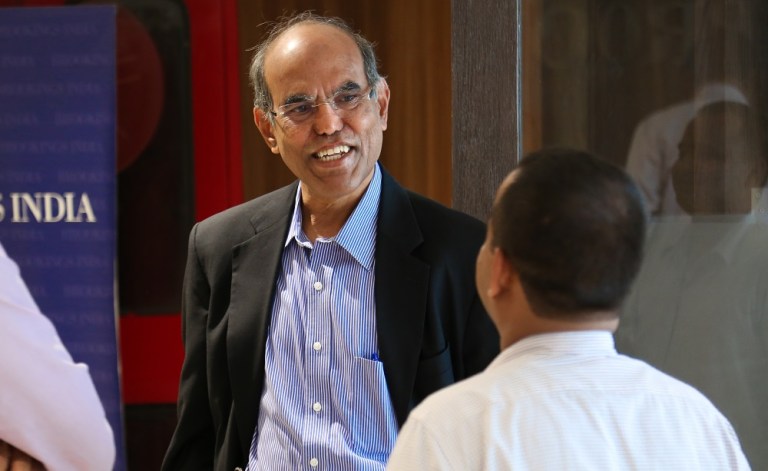
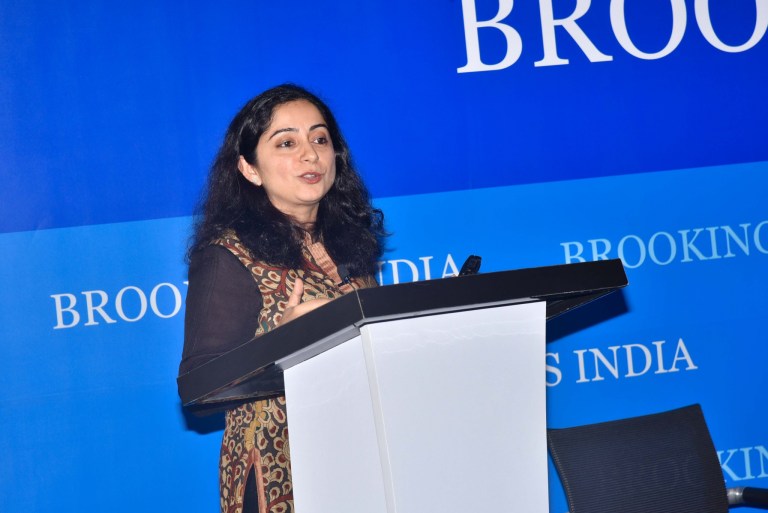
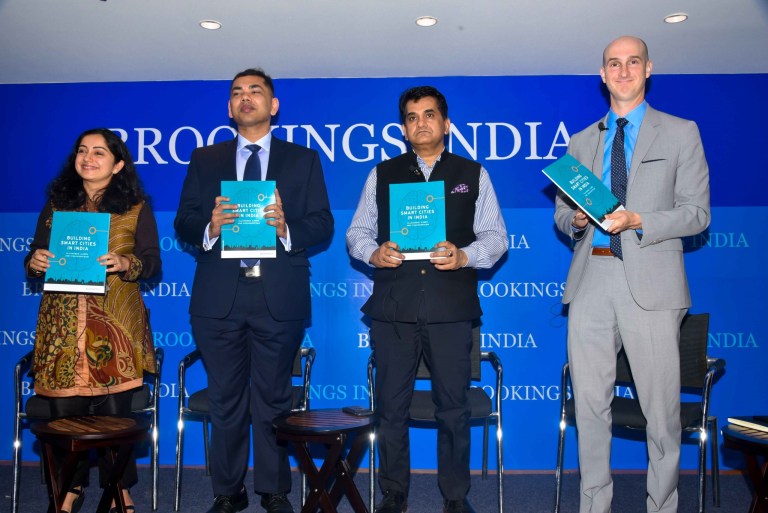
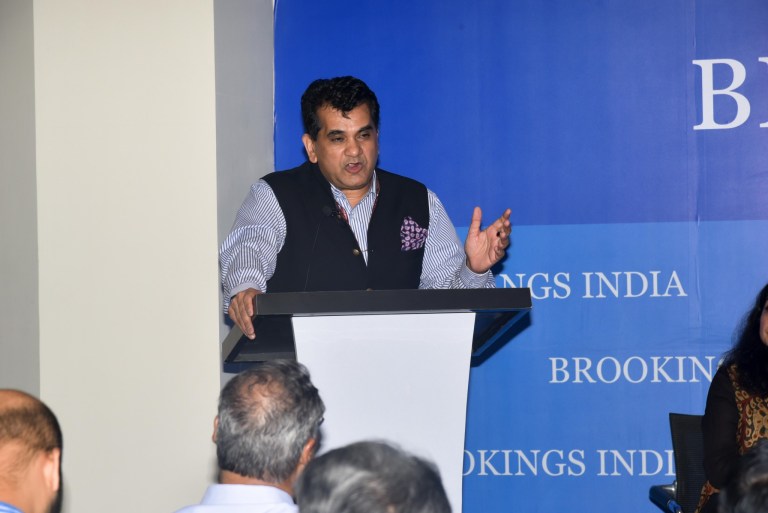
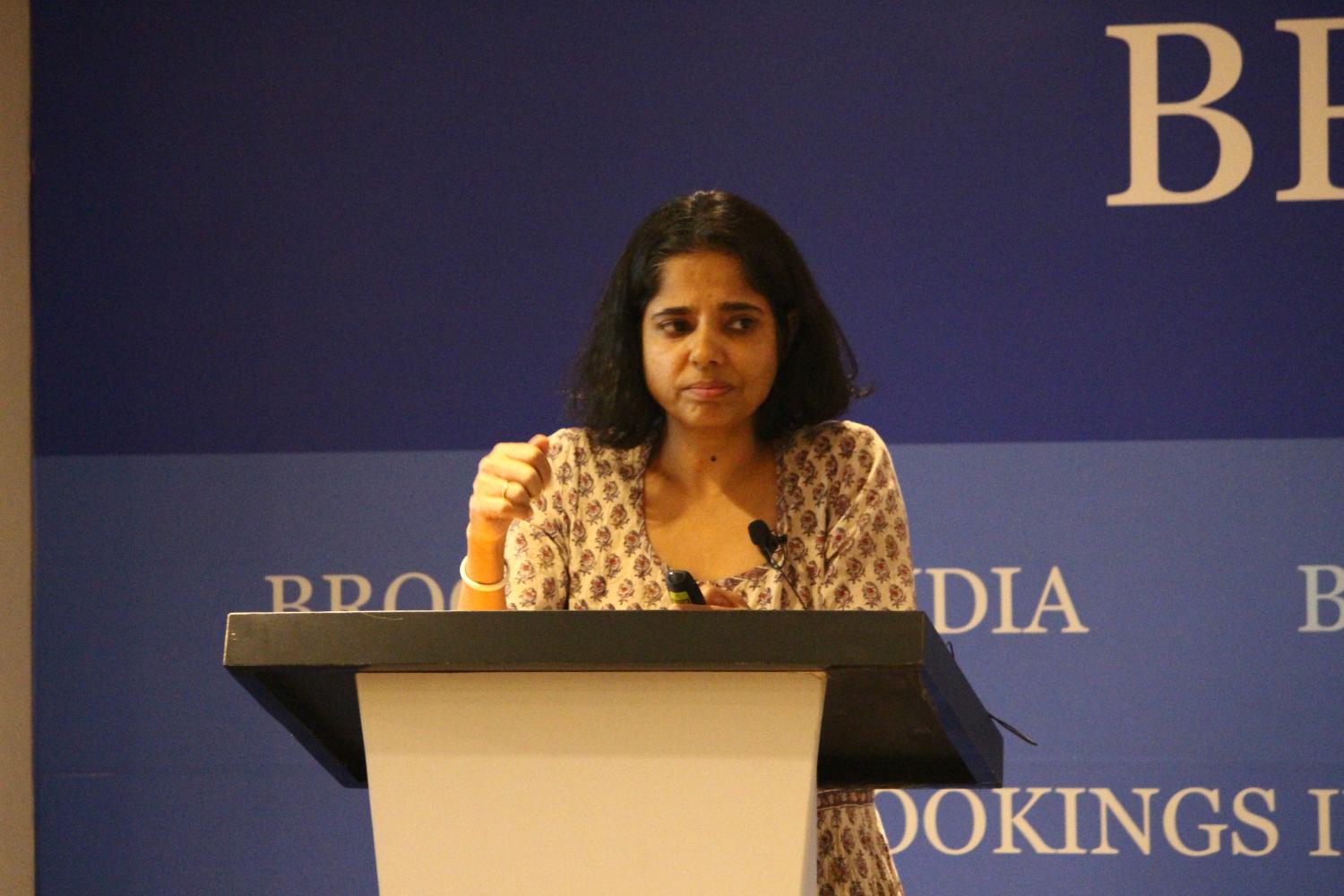
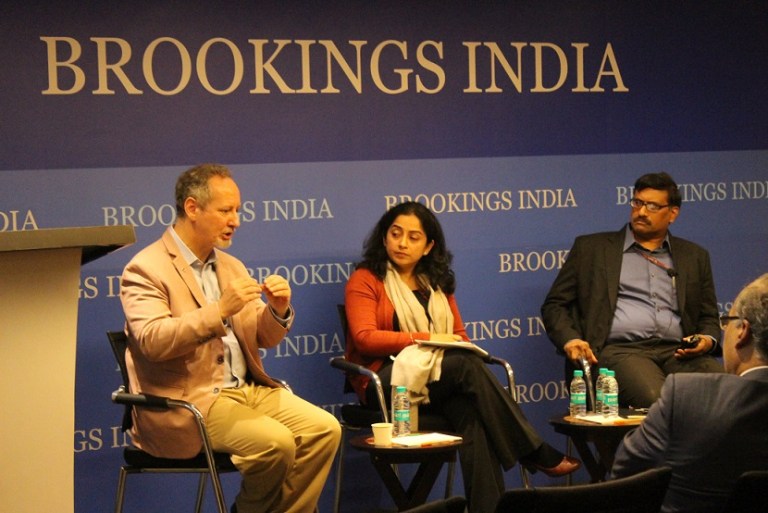
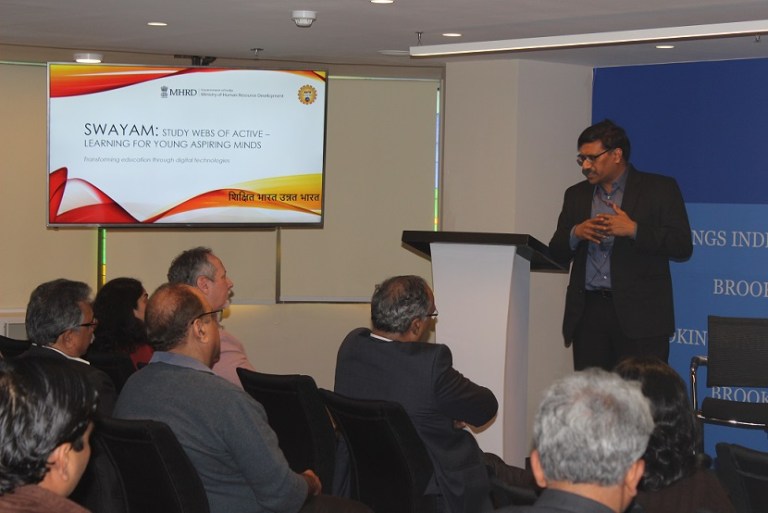
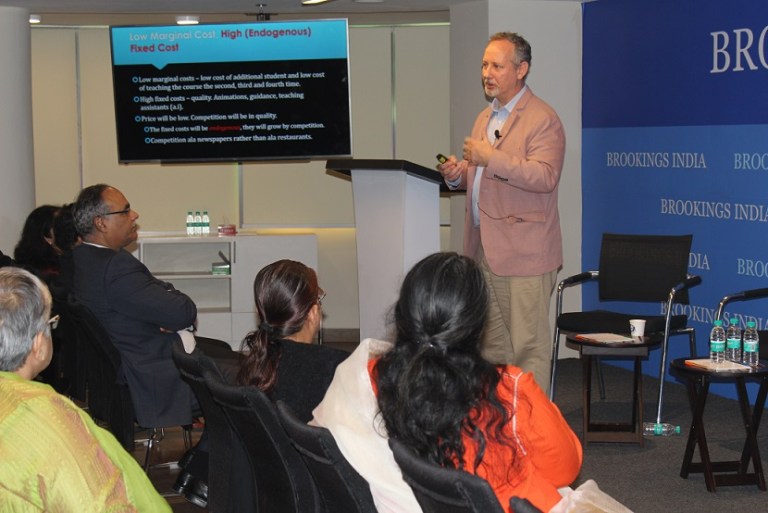
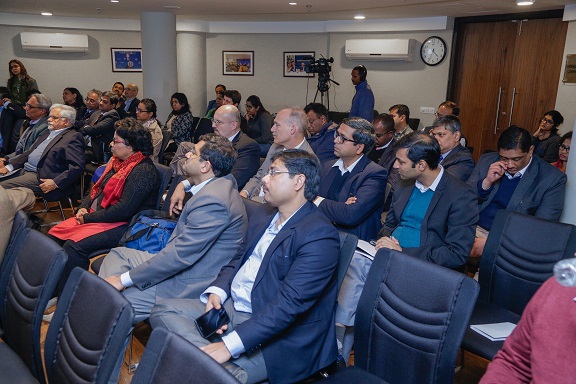
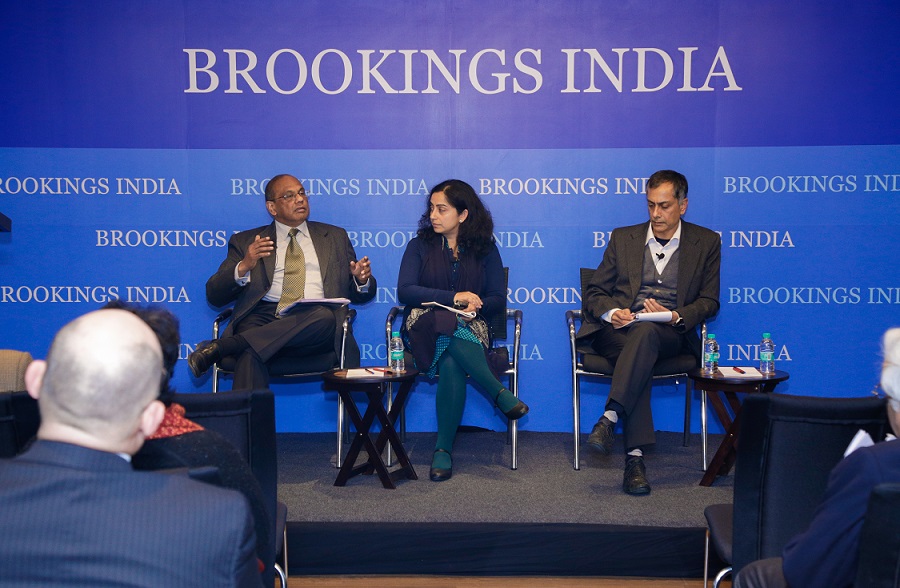
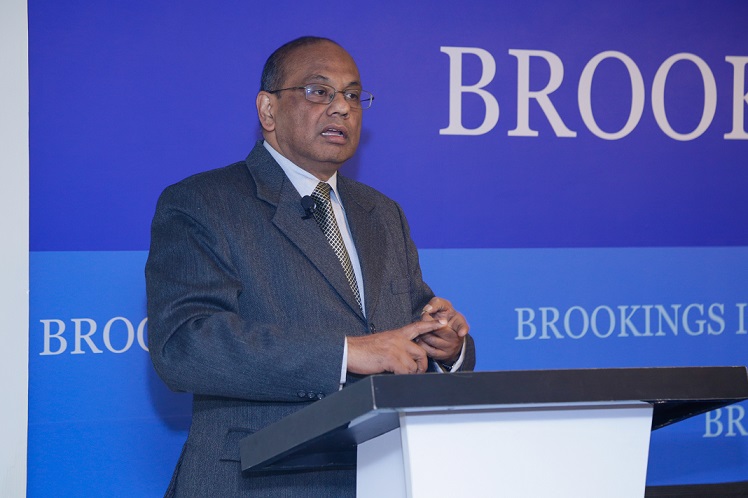
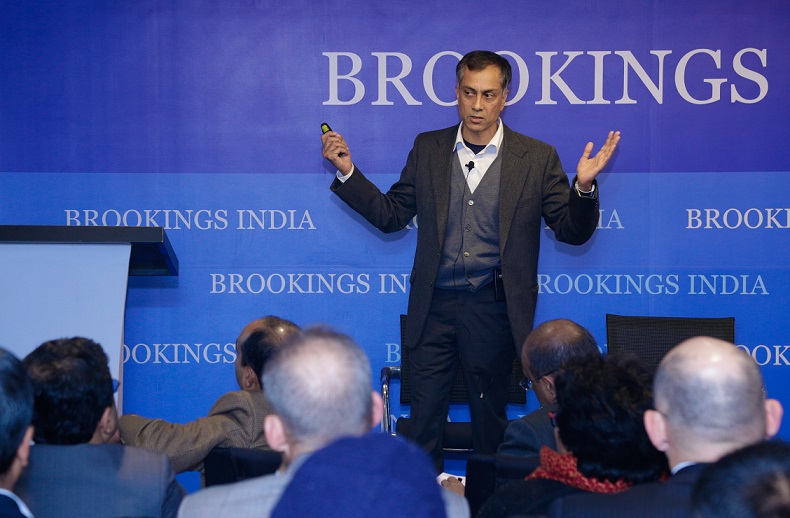
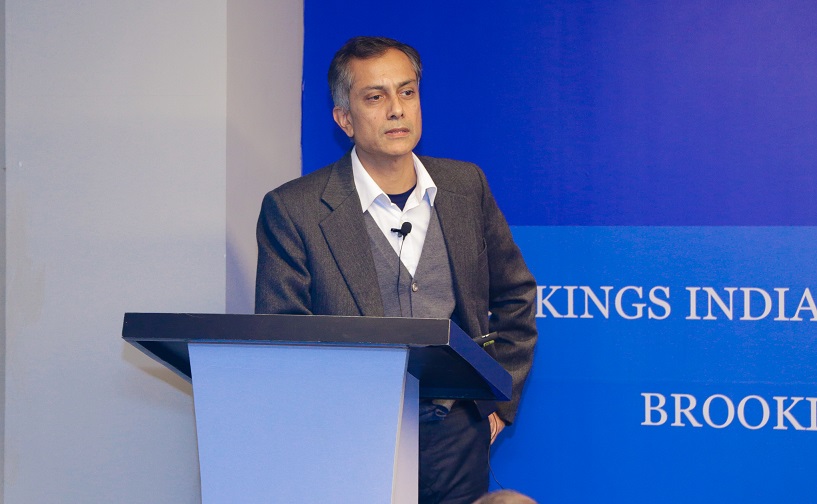
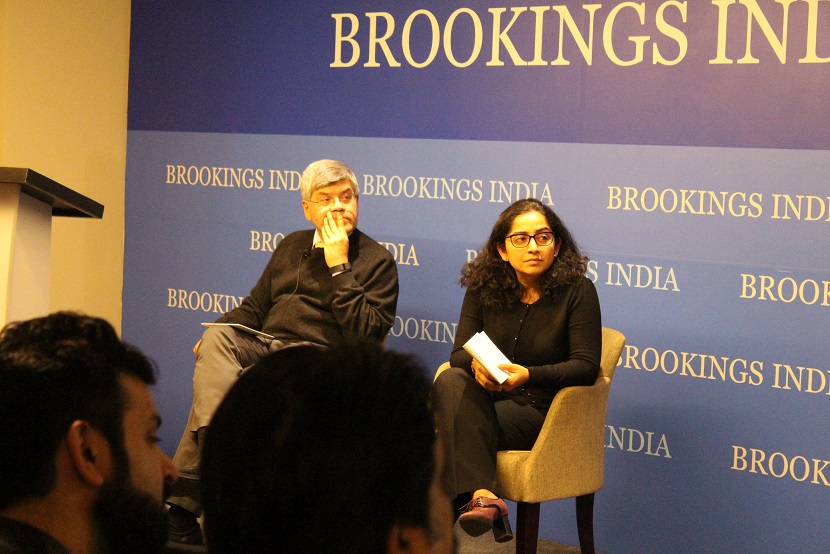
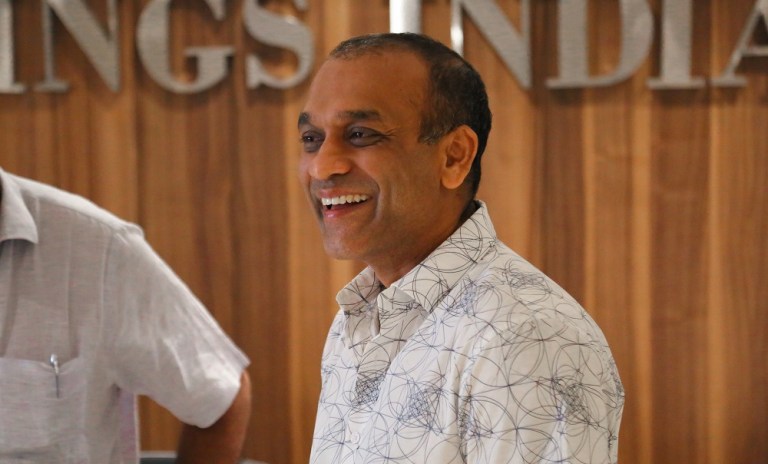
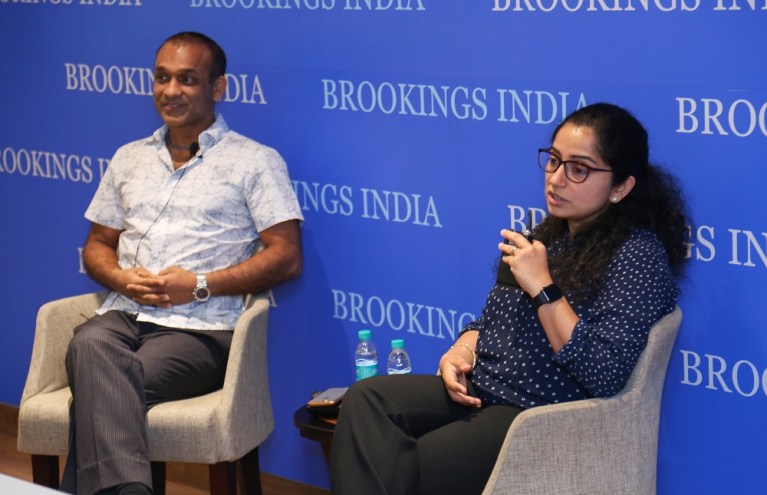
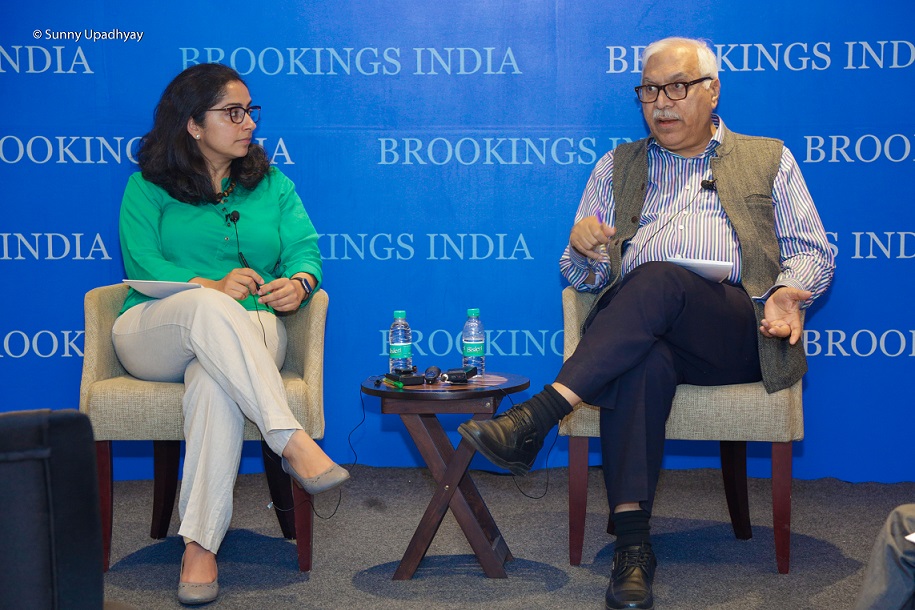
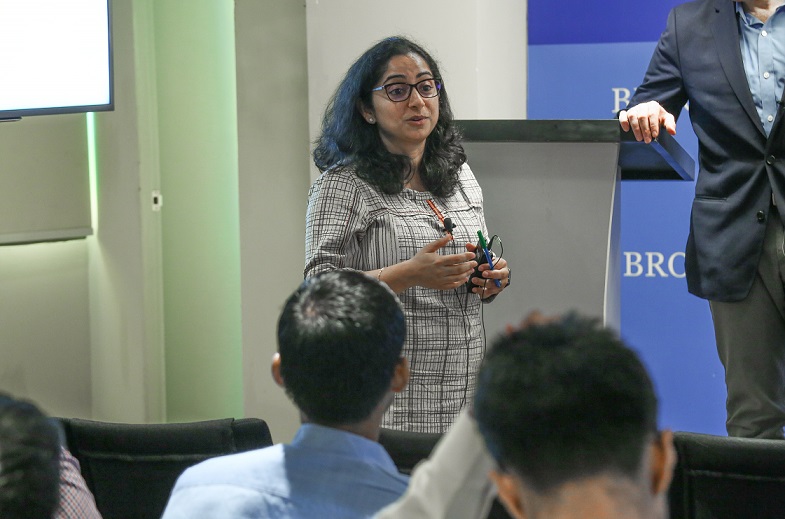
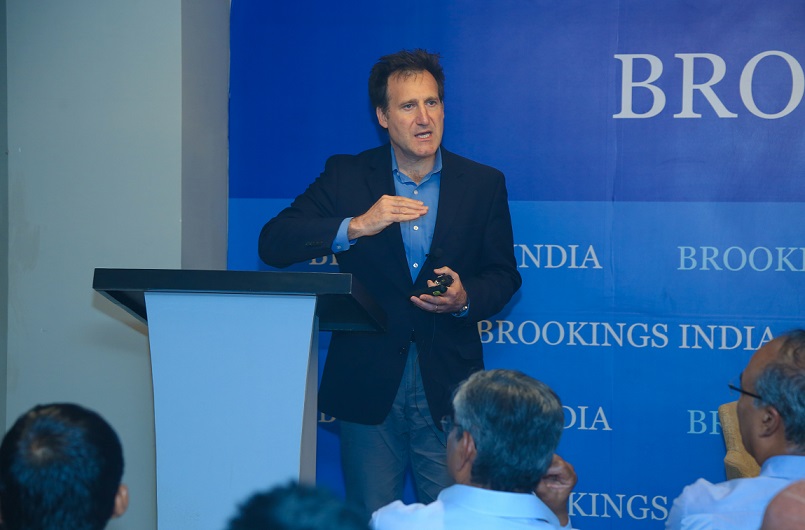
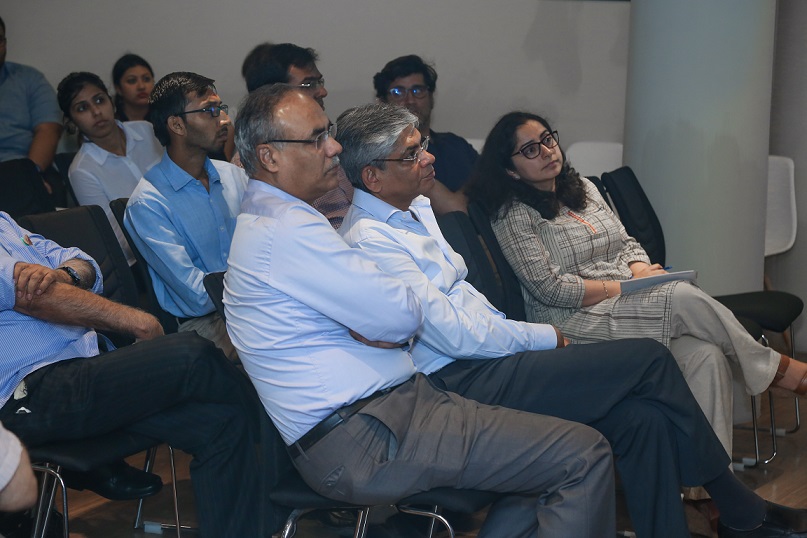
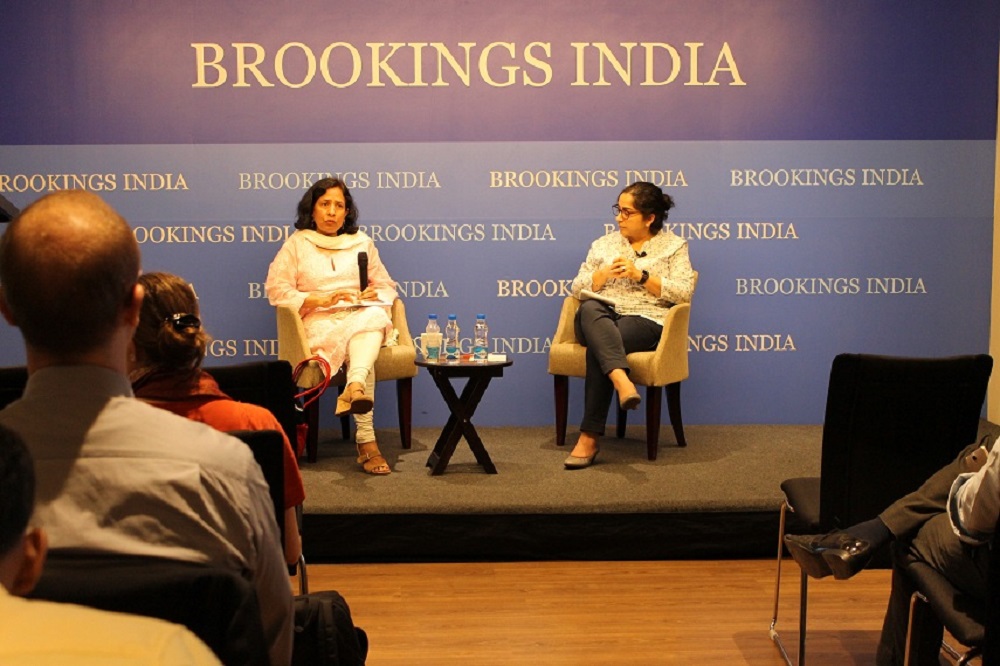
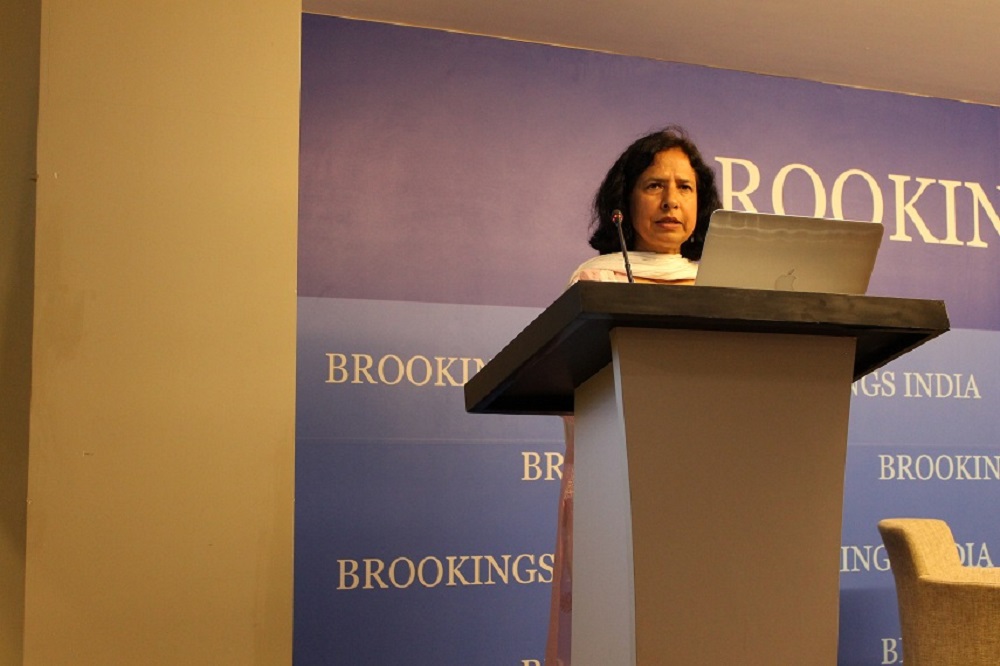
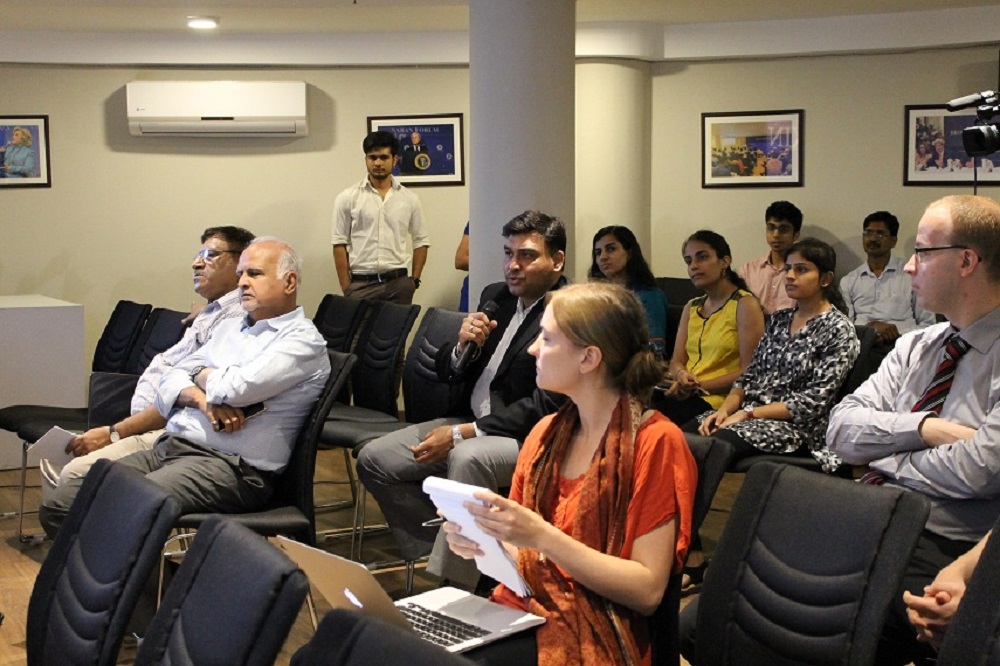
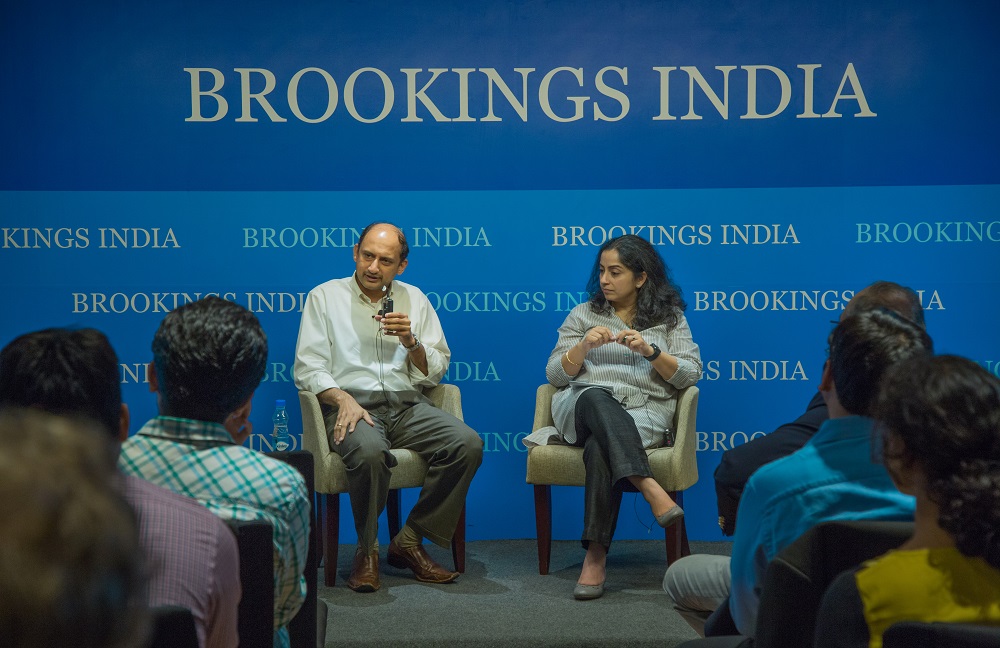
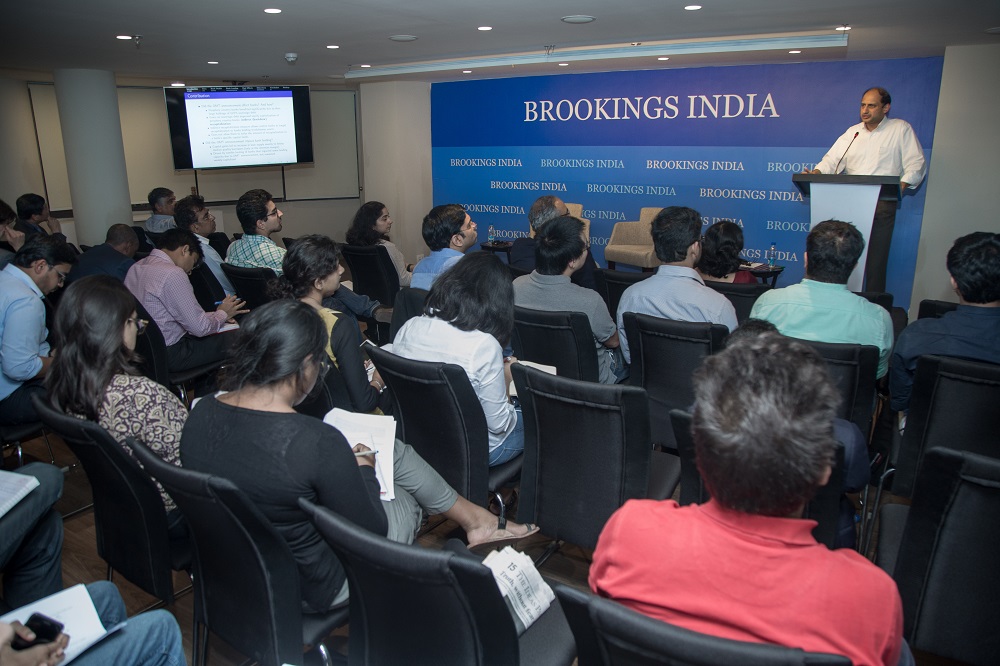
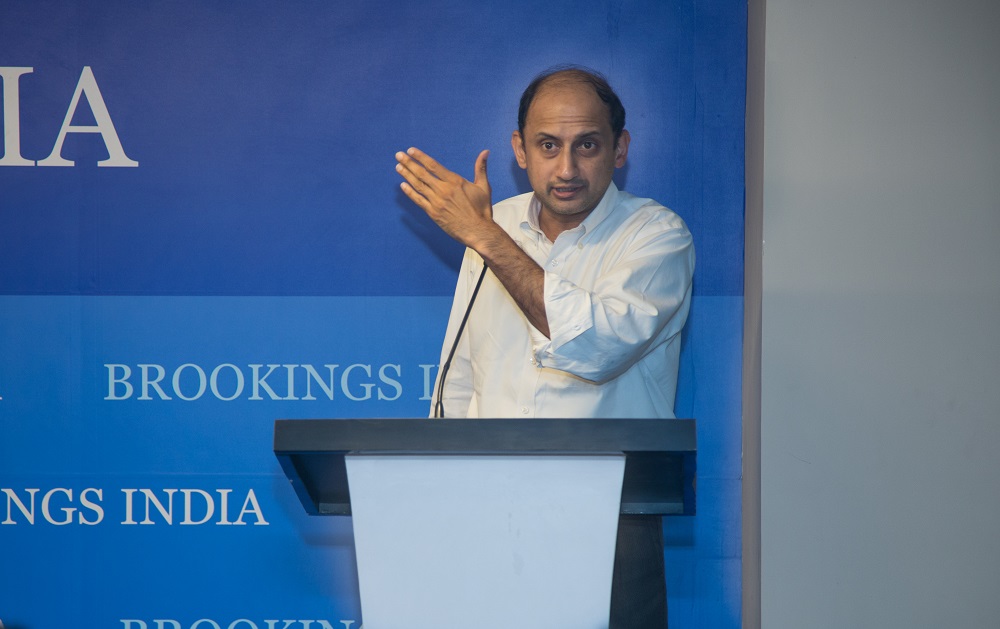
About Development Seminars Series @ Brookings India
The Development Seminars Series @ Brookings India is a platform for global scholars to present their work to a curated audience of senior government officials, politicians, journalists, academics and policy enthusiasts. The format of the seminars includes a senior researcher as a lead presenter and a government/industry expert to discuss the results and relevance within the Indian context. The fundamental focus of the seminar series is to draw research-based insights to shape and influence policy dialogues in India, through purposeful and pointed discussions.
Other Development Seminars
- The Real Effects of Unconventional Monetary Policy
- Immigration and its Discontents
- America’s Economic Anxiety
- Using Technology to Strengthen Democracy
- The Online Education Revolution and India
- Environmental Challenges in India
- Corporate social responsibility in India: Law, implementation and evidence
- Pathways to Reducing Poverty and Sharing Prosperity in India
- Launch of paper ‘Building Smart Cities in India’
- Disguised Corruption: Evidence from Consumer Credit in China
- Transporting India to the 2030s by Dr. Rakesh Mohan
Related Content
2016
Brookings India, New Delhi DC
1:30 am - 3:00 am IST

